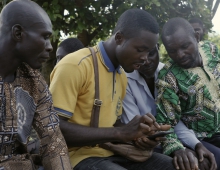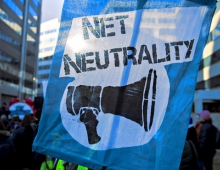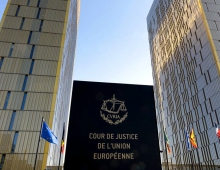
Singapore Tigtens Rules For Local Online News Websites
Singapore has introduced a new licensing framework for online news sites in the country, which will be required to obtain individual licences from the Media Development Authority (MDA).
From 1 June 2013, online news sites that report regularly on issues relating to Singapore and have significant reach among readers in the country have been required an individual licence from the Media Development Authority (MDA) of Singapore, which regulates the media sector in the country. Under the licensing framework, online news sites will be individually licensed if they (i) report an average of at least one article per week on Singapore's news and current affairs 1 over a period of two months, and (ii) are visited by at least 50,000 unique IP addresses from Singapore each month over a period of two months. Websites affected by the new licensing regime would have to put up a S$50,000 ($39,300) performance bond. Currently, these sites are automatically class-licensed under the Broadcasting Act. When MDA has assessed that a site has met the criteria to be individually licensed, MDA will issue a formal notification and work with the site to move it to the new licensing framework. The licence also makes it clear that online news sites are expected to comply within 24 hours to MDA's directions to remove content that is found to be in breach of content standards.
MDA says that the new licence "provides greater clarity on prevailing requirements within the Class Licence and Internet Code of Practice, and explains what MDA would consider 'prohibited content' in the existing Internet Code of Practice, e.g. content that undermines racial or religious harmony."
Singapore's move to tighten regulation of news web sites has attracted criticism from large internet firms.
Facebook, eBay, Google and Yahoo have said the revised rules "have negatively impacted Singapore's global image as an open and business-friendly country".
The Asia Internet Coalition (AIC,) an industry association formed by eBay, Facebook, Google, Salesforce and Yahoo, said that the new regulation "could unintentionally hamper Singapore?s ability to continue to drive innovation, develop key industries in the technology space and attract investment in this key sector," and "has negatively impacted Singapore?s global image as an open and business-friendly country."
The Internet and related industries have become an important sector for Singapore, as the country has attracted major internet companies to its shores.
MDA says that the new licence "provides greater clarity on prevailing requirements within the Class Licence and Internet Code of Practice, and explains what MDA would consider 'prohibited content' in the existing Internet Code of Practice, e.g. content that undermines racial or religious harmony."
Singapore's move to tighten regulation of news web sites has attracted criticism from large internet firms.
Facebook, eBay, Google and Yahoo have said the revised rules "have negatively impacted Singapore's global image as an open and business-friendly country".
The Asia Internet Coalition (AIC,) an industry association formed by eBay, Facebook, Google, Salesforce and Yahoo, said that the new regulation "could unintentionally hamper Singapore?s ability to continue to drive innovation, develop key industries in the technology space and attract investment in this key sector," and "has negatively impacted Singapore?s global image as an open and business-friendly country."
The Internet and related industries have become an important sector for Singapore, as the country has attracted major internet companies to its shores.





















